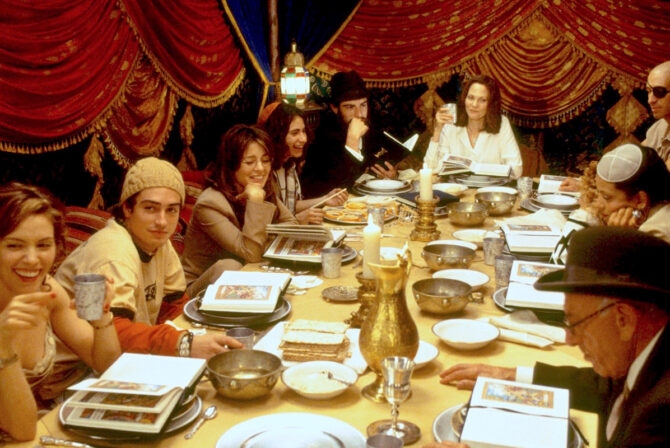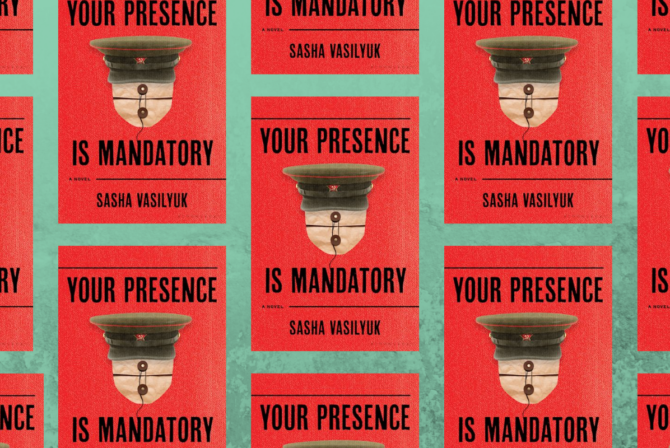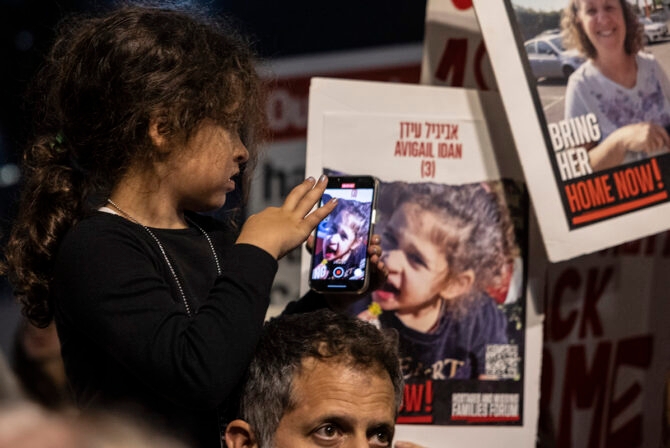*Warning: There is a good chance that this post will make you hate me. I don’t want to be hated but feel I should put this out there. Please do comment and do not take this post as insulting you: it is simply my viewpoint. The fact that I feel the need to put a warning on a blog post is, in and of itself, terrifying.*
A few years ago, my younger son R. was in nursery school. The girl he was in love with, S., was a lovely little girl approximately a full head taller than R. This did not daunt him, and they made a lovely pair…until December rolled around.
Come December, S. came over for a playdate. When the conversation turned to Hanukkah, S. told R. that she, S., was lucky, because she got to celebrate both Christmas AND Hanukkah.
Now, R. was a bit of a pedant, even at age 4 (not sure who he got that from), and this sort of threw him for a loop.
“But you can’t celebrate Christmas AND Hanukkah,” he told her. “Are you Jewish?”
She looked at him. “I don’t know what I am,” she told him.
They went off to play blocks in the basement. After an hour or so elapsed, the playdate was over and S.’s mom came to pick her up.
As S. was being buckled into her carseat by her mother, R. pushed past me and leaned out the open door into the cold twilight.
“I know what you are, S!” he yelled, in what must have been a bizarre non sequitur for S.’s mom. “You’re Hindu! You worship many gods!”
True story. The kid’s kind of a genius, but that’s neither here nor there.
The point of the story, of course, was to serve as a humorous anecdote, which would edge us sideways into the horribly prickly point that no one wants to really acknowledge. You see, around this time of year, everyone is afraid of offending people, especially people that they know, like, or love. But I feel the need to say this: you can’t celebrate both Hanukkah and Christmas.
Now, I know there are going to be plenty of people who are going to respond, “Who the [expletive] are you? I can do whatever the hell I want.” True. You are completely correct. My Kveller fame, quick typing, and unparalleled beauty and intellect notwithstanding, I am basically nobody, and you can do whatever the hell you want.
But because of what I believe, I have to put it out there that if you really look at the meanings of the holidays, there is a fundamental cognitive dissonance that can’t be reconciled. Specifically: the entire point of Hanukkah is to celebrate people who died rather than practice any religion other than Judaism. And to celebrate that AND a holiday that celebrates the birth of someone who Christians believe is the son of God does not make sense.
Please know that this is not to belittle Christmas–in fact, it’s just the opposite. I respect Christmas and those who celebrate it. I tell my children that for Christians, Christmas is a holy holiday on par with our Yom Kippur, if not in solemnity, then certainly in significance. It’s not just a tree and presents. It’s an amazing, important, deeply resonant holiday, and should be celebrated – by Christians.
“But I am Jewish and married a non-Jew,” many will respond. And you won’t like my response to that either. In my opinion, if your spouse converted, or you are raising your children as Jews, then Christmas does not and should not have a place in your home, and I’ll explain why below. And if you just celebrate both holidays “in a cultural, not religious way,” without thinking about it? Well, in my opinion, you should probably just celebrate Christmas and forget about Hanukkah, because you diminish both holidays’ significance through your actions and render them meaningless. Again, this is my opinion…but please, hear me out.
Jews do not believe Jesus was the son of God, or that he has significance beyond being an important historical figure. His birthday is not important to us, nor should it be. And the real reason why we celebrate Hanukkah itself has no room for celebrating the holidays of other religions.
Hanukkah, which purely coincidentally takes place around Christmas, commemorates the story of a Jewish rebellion against the Greek king of Syria, Antiochus. Antiochus tried to make the Jews stop practicing their faith and take on his own pagan beliefs.
But the Jews rose up against Antiochus and refused. It started in a small town called Modi’in in what is now modern-day Israel, where a Greek officer commanded the Jews to bow down before an idol and to eat pork, both prohibited by Jewish law. The resident elder, Judah Maccabee’s father Mattathias, refused to do it. Another villager stepped forward and said he would do it instead. In anger, Mattathias killed the villager and then the officer, starting the war which would lead to the defeat of a king.
Here’s the important part: The Maccabees would rather die than observe any religion other than their own – they recognized that they would and could not be anything other than who they were, Jews. And it is that determination to be who we are and no one else that is what we are celebrating when we celebrate Hanukkah. It’s not presents, not the endless Jewish song YouTube videos and not the “holiday spirit.” What we are celebrating, I’d argue, is bravery and defiance in the name of protecting our Judaism and who we truly are. THAT is the true miracle. The miracles are those lights of people’s Jewish identities, fighting against the darkness of the rest of the world that threatens to consume them.
When we light the hanukkiah, we do it in our windows, to show the world that we are proud to be Jewish and nothing else. We celebrate who we are. We celebrate that despite thousands of years of persecution and hatred, we are still here. We are going to teach our children who we are and they will in turn teach it to theirs. We are heirs to a priceless legacy of history.
As Jews, we are the inheritors of an amazing intellectual, religious, ethical, and historical legacy, thousands of years old. I have the good fortune of having had great-grandparents who took the long boat ride from Eastern Europe to the United States — sparing themselves the carnage of the Cossacks, and their children and grandchildren from certain death at the hands of the Nazis 60 years later. All of the historical cards have fallen into place to deal me a winning hand: a country in which I can practice and learn about my religion freely.
If you take anything away from this blog post, please don’t let it be just anger or frustration with me. Please see it as an opportunity to be more in the Hanukkah spirit–by thinking about who you are, and why.
OK, not everybody agrees with Jordana. Here’s another take.







